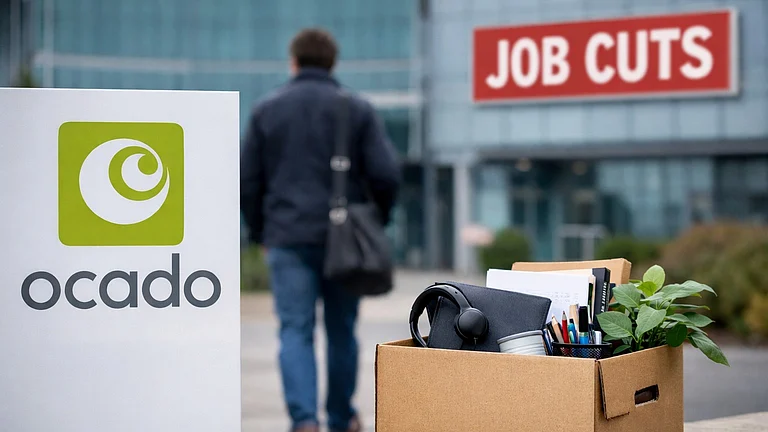Despite the feeble interest shown by retail investors, Adani Enterprises follow-on public offering (FPO) was fully subscribed by the time market closed on Wednesday. The $2.25 billion share sale was subscribed 1.12 times although retail investors lapped up only 12 per cent of the shares reserved for the category.
Following the Hindenburg report that came out on 24 January, which accused the Adani Group of fraud and market manipulation, there were concerns in the market whether Adani Enterprises will attract investors’ attention in its FPO. Incidentally, the share sale which opened on 27 January, is the largest FPO ever on the Indian bourses.
The investigative report prepared by Hindenburg Research last week had immediate impact on the Adani stocks, dragging most of them down for three straight trading sessions until Monday. At this juncture, with the FPO on its penultimate day, Adani Enterprises could only gather 3 per cent subscription from the market. An important development took place on Monday, perhaps acting as a trigger of the investor surge that was to take place the next day.
Deep Pockets At Play
International Holding Company (IHC), an Abu Dhabi-based conglomerate, announced on Monday that it will invest $381 million in the Adani Enterprises FPO. This is not the first time that Abu Dhabi’s largest listed company is investing in the Adani Group. In 2022, IHC had invested $2 billion in Adani Group companies.
"Our interest in Adani Group is driven by our confidence and belief in the fundamentals of Adani Enterprises Ltd; we see a strong potential for growth from a long-term perspective and added value to our shareholders," said Syed Basar Shueb, chief executive officer, IHC.
When markets opened on Tuesday, Adani stocks companies continued to feel the heat of the Hindenburg effect, with Adani Power, Adani Wilmar and Adani Total Gas not attracting a single buyer. However, other scrips belonging to the group, including Adani Enterprises, witnessed better investor participation.
In the FPO, retail investors subscribed to only 12 per cent of the shares offered to them while the employee category witnessed 55 per cent subscription. The weak participation from these categories can be attributed to the Hindenburg effect which resulted in the Adani Enterprises share being available on the primary market at a price lower than the one offered in the share sale. While the scrip closed at Rs 2,948 on Tuesday, the lower end of the FPO's price band was Rs 3,112.
Much of the heavy lifting in the FPO’s last day surge sale was done by non-institutional investors (NIIs) and qualified institutional banks (QIBs). While the NII category was subscribed 3.32 times, QIB category saw 126 per cent subscription. This ensured that the FPO was fully subscribed by the end of the day. In the NII category, more than half of the bids came from corporates while high net worth individuals (HNIs) made up the rest.
It was reported earlier in the day that several family offices based in UAE and India will invest close to Rs 9,000 to ensure that the FPO is fully subscribed. Family offices are entities created by HNIs to manage their investments.
Although India’s largest ever FPO was finally fully subscribed, the damp interest from retail investors and employees implies that the market sentiment is still not in favour of Adani Group. The Hindenburg effect is still at play.
































